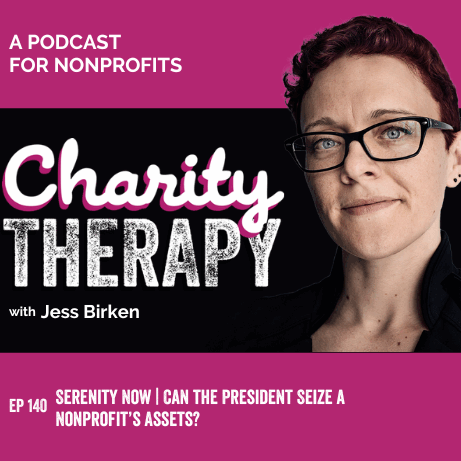Articles & Resources
Conflicts of Interest Policy
Generate a Conflicts of Interest Policy here!
Click the button to start the wizard. Answer the questions about your organization and at the end you’ll get a customized document designed for your organization’s needs. The document comes out as a fully editable MS Word document which is yours to keep.
DISCLAIMER: Documents generated through Mission Guardian are legally sufficient for Minneapolis neighborhood associations. Clients assume the risk of editing generated documents. Birken Law Office cannot guarantee edits you make will result in a policy / procedure that complies with Neighborhoods 2020 requirements, state law, federal law, IRS regulations or nonprofit sector best practices.
Why do we need a Conflicts of Interest Policy?
- The IRS wants you to have one
- The Charities Review Council (nonprofit standard setting organization) says you need one
- The City of Minneapolis N2020 requirements say you have to adopt one.
Nonprofit boards need a conflict of interest policy because it prevents board directors from benefitting in any way from board service. A conflict of interest policy prevents directors with conflicts from participating in discussion, reporting or voting on any issue where there is a real or perceived conflict.
What if our bylaws already mention conflicts?
In my experience working with neighborhoods over the past several years, if your bylaws mention conflicts it’s a couple of sentences that say “avoid conflicts” and that is NOT a real policy. It doesn’t meet IRS requirements or nonprofit sector best practices and the City shouldn’t (and probably won’t) approve it as a “policy” because – it’s not.
A policy governing conflicts of interests is one of the most important policies a nonprofit board should adopt. The policy should be in writing, and the board and staff should review the policy regularly. To meet IRS standards the policy must address how conflicts are managed – what do we DO when there’s a conflict? How do we determine if there IS a conflict? Plus the board must sign off on the policy annually and complete a disclosure form regarding their conflicts.
In other words, get to the wizard!

Recent Podcast Episodes
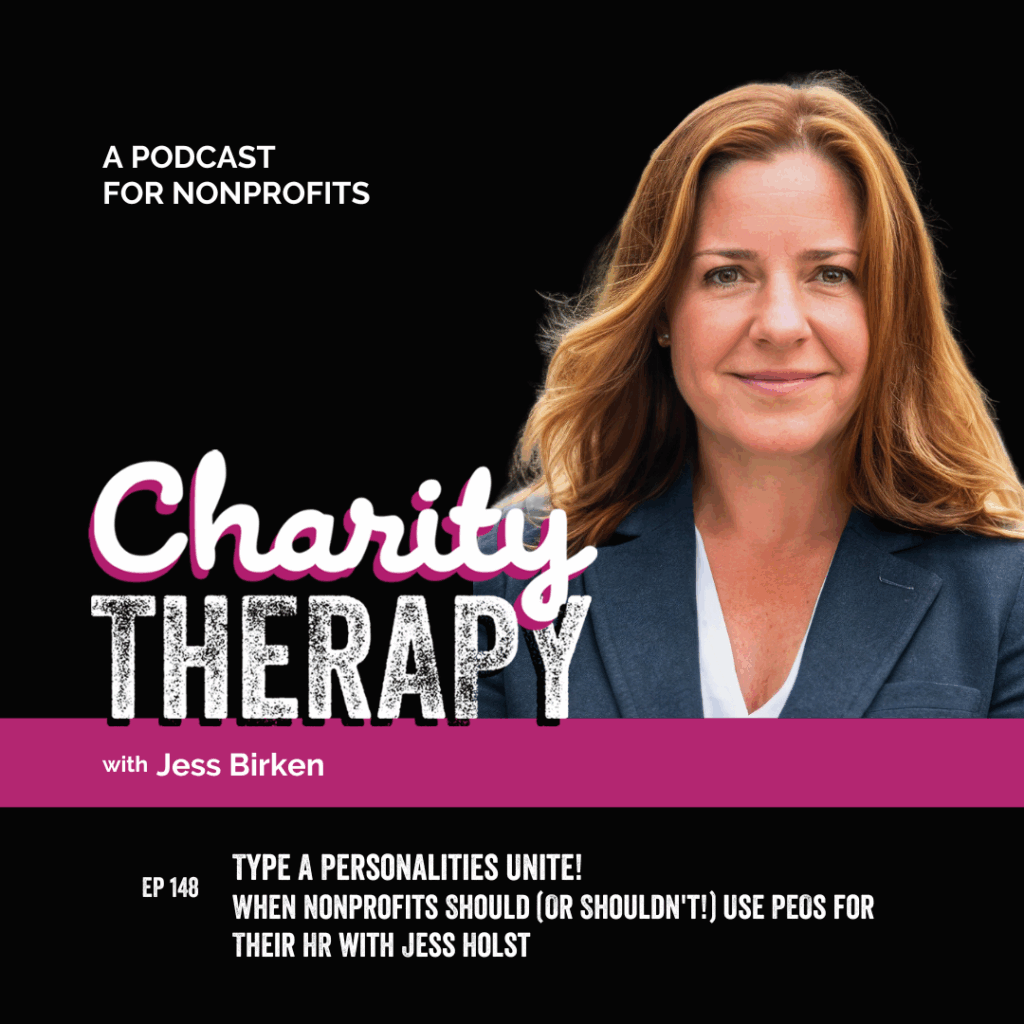
148: Type A Personalities Unite! | When Nonprofits Should (Or Shouldn’t!) Use PEOs for Their HR with Jess Holst
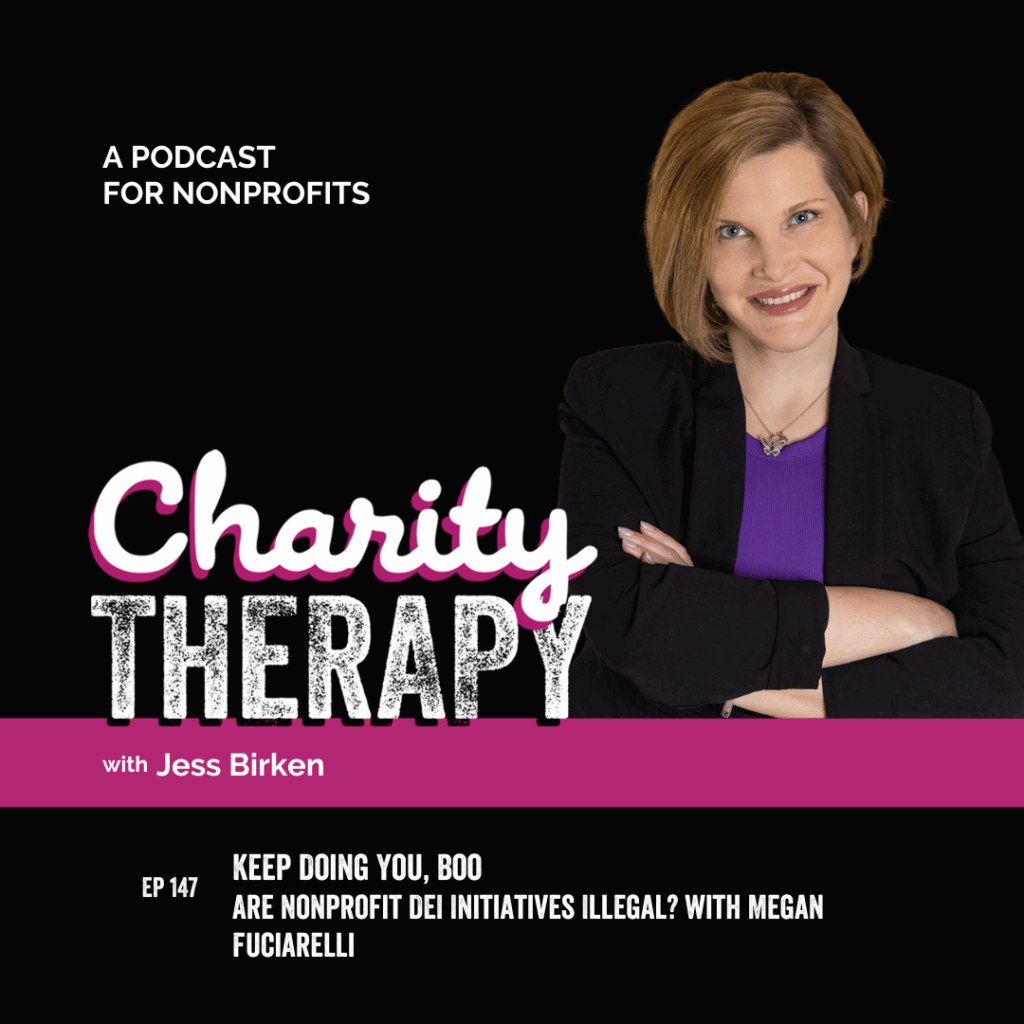
147: Keep Doing You, Boo | Are Nonprofit DEI Initiatives Illegal? With Guest Megan Fuciarelli
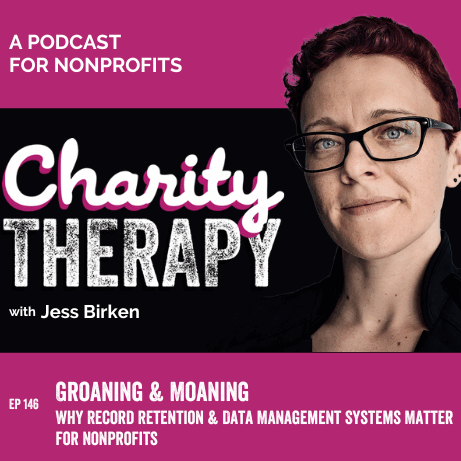
146: Groaning & Moaning | Why Record Retention & Data Management Systems Matter for Nonprofits
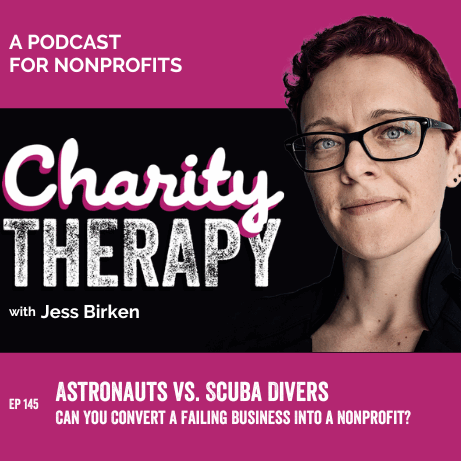
145: Astronauts vs. Scuba Divers | Can You Convert a Failing Business Into a Nonprofit?
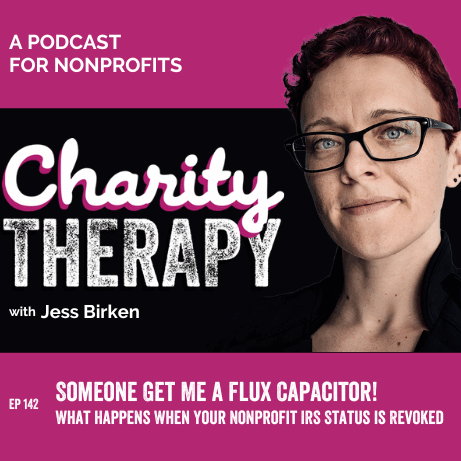
142: Someone Get Me a Flux Capacitor! | What Happens When Your Nonprofit IRS Status is Revoked
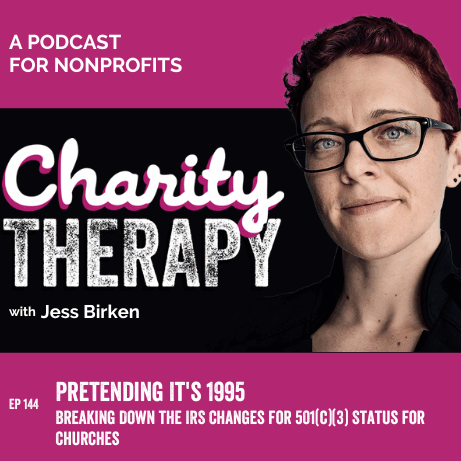
144: Pretending It’s 1995 | Breaking Down the IRS Changes for 501(c)(3) Status for Churches

143: Anonymized Juicy Gossip | What Happens If You Don’t Do the Nonprofit Filings?
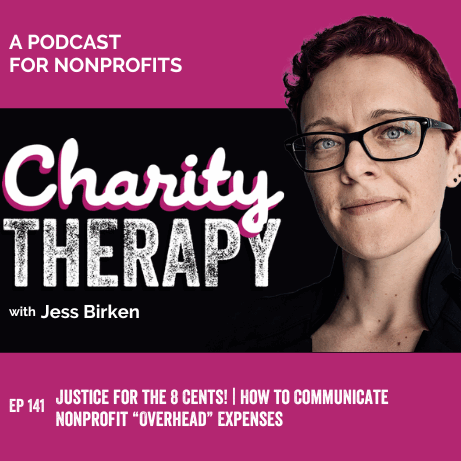
141: Justice for the 8 Cents! | How to Communicate Nonprofit “Overhead” Expenses
